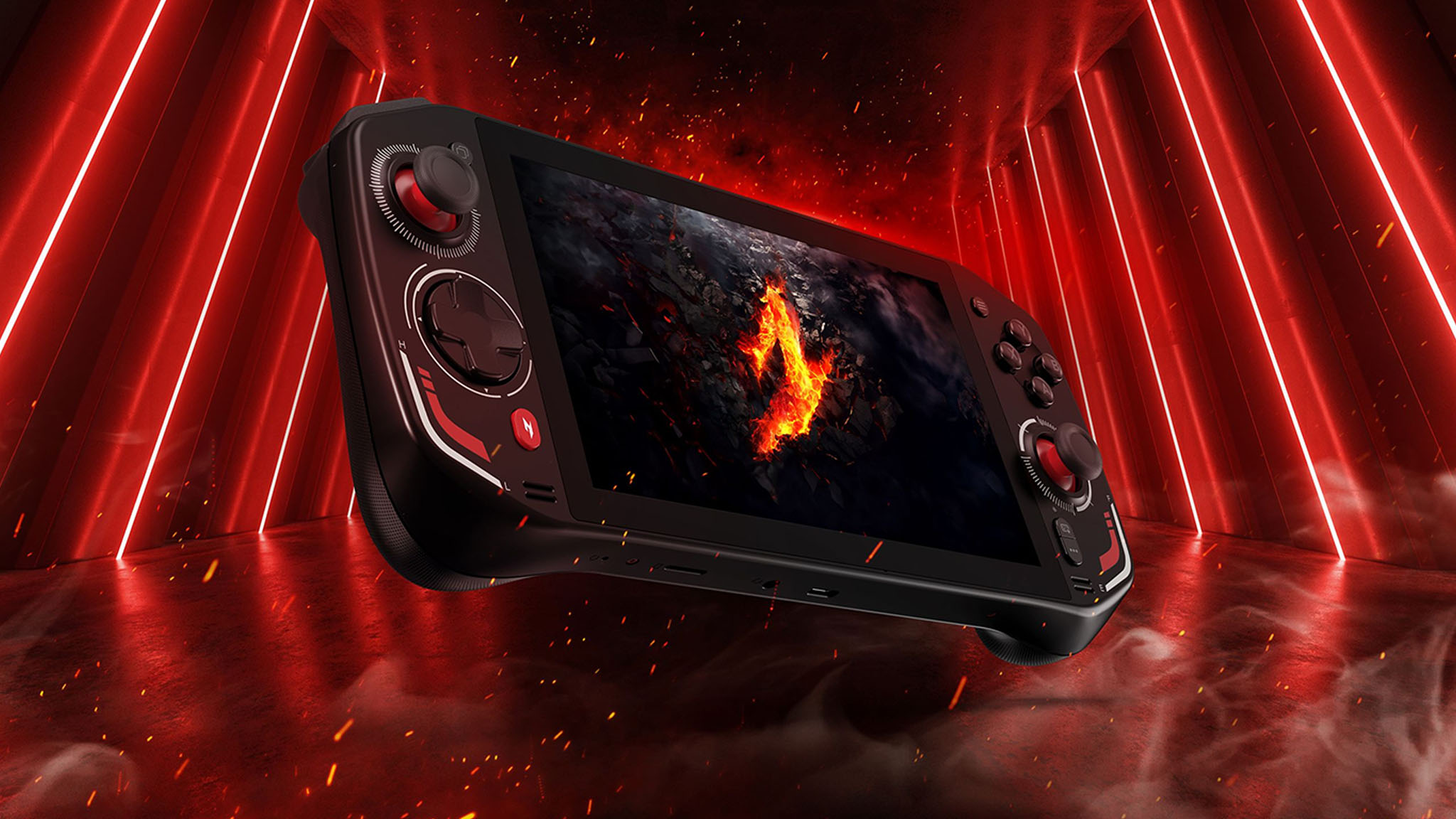
What you need to know
- PC gaming handhelds have become a popular new category in the last couple of years with the likes of Steam Deck, ASUS ROG Ally, Lenovo Legion Go, and MSI Claw.
- Today, Acer announced its own Windows 11 gaming handheld in the form of the Nitro Blaze 7.
- In addition to the usual controls and features, this new device offers Hall Effect joysticks, a fingerprint reader, and an on-screen keyboard pop-up button.
- It runs on an AI-boosted AMD Ryzen 7 CPU capable of reaching up to 39 TOPS along with an AMD Radeon 780M GPU, 16GB RAM, and up to 2TB SSD.
- As with many of its competitors, it features a 7-inch IPS display. But unlike some competitors it is capable of 144Hz and is compatible with AMD FreeSync Premium.
- The exact release date and price have not been revealed yet.
In the last two and a half years, we've seen several new PC gaming handheld devices enter the marketplace, such as the Steam Deck, ASUS ROG Ally, Lenovo Legion Go, and the failed MSI Claw. While there are already multiple devices to choose from, additional manufacturers are still attempting to enter the handheld space. Now, the electronics company, Acer, is throwing its own hat into the ring with the Nitro Blaze 7 (GN771) gaming handheld.
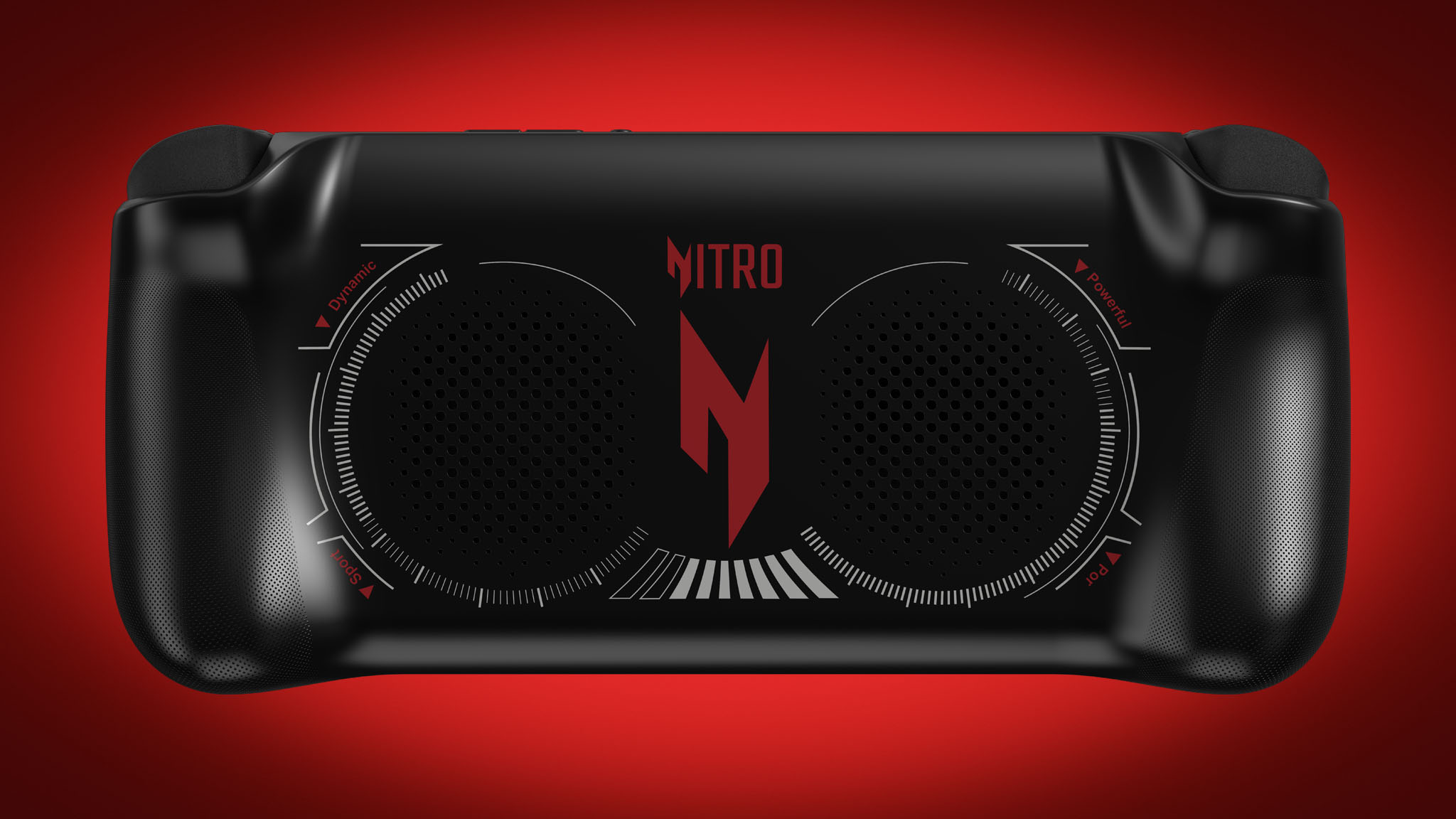
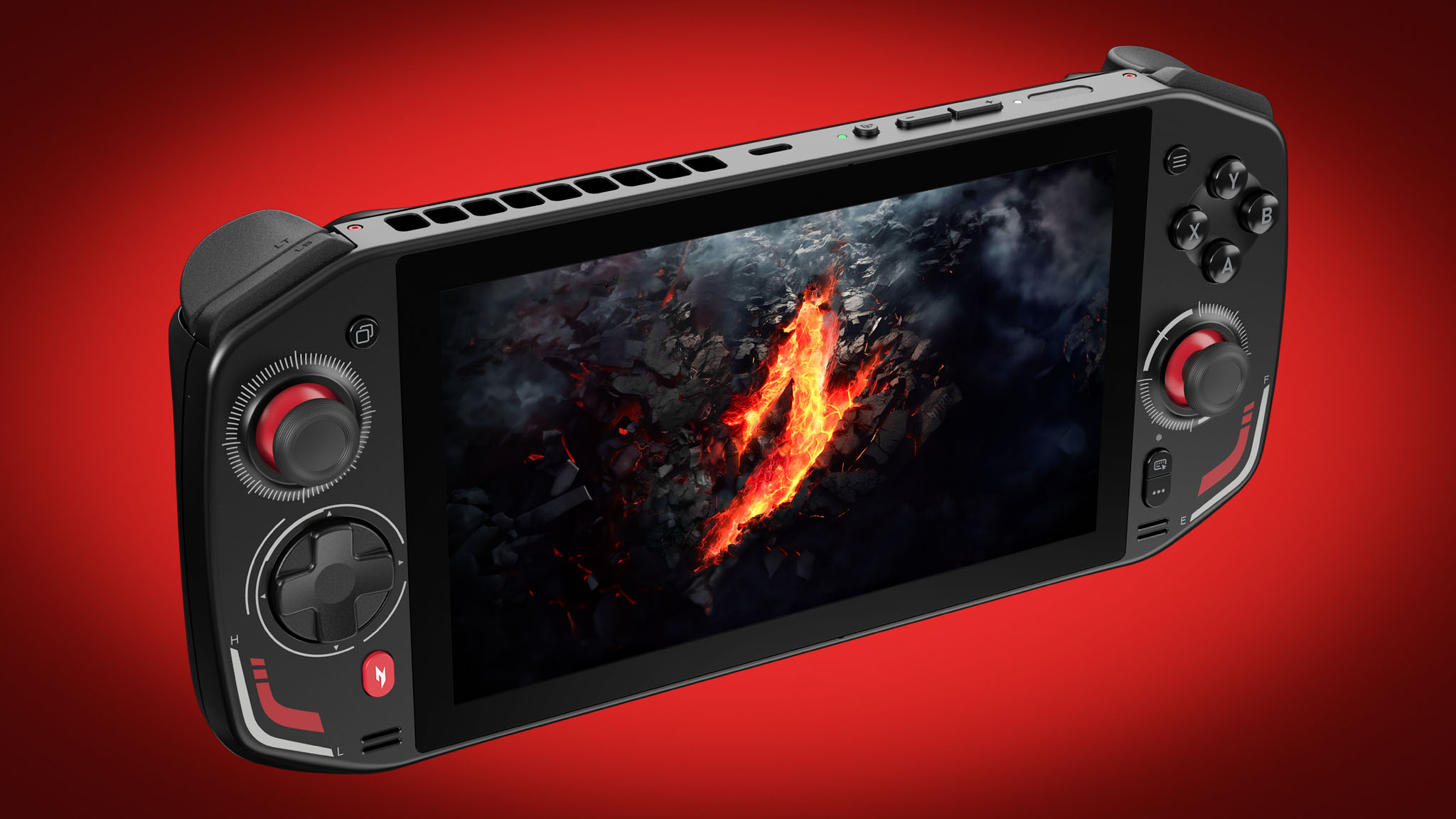
OS: Windows 11
CPU: AMD Ryzen 7 8840HS (up to 39 TOPS)
GPU: AMD Radeon 780M
Display: 7-inch FHD (1920 x 1080) IPS touchscreen, 144Hz, 7ms, 500 nits
Memory: 16GB LPDDR5x
Storage: Up to 2TB M.2 NVMe PCIe SSD
Battery: 50.04 Wh Li-Polymer
Connectivity: Wi-Fi 6E and Bluetooth 5.3
VRR: AMD FreeSync Premium
Software: Acer Game Space
Ports: 2x USB4, 1x microSD card reader, 1x 3.5mm headphone jack
Dimensions: 25.6 (W) x 11.35 (D) x 2.25cm (H)
Weight: 670g
Announced today during IFA, the Nitro Blaze 7 offers an AI-boosted AMD Ryzen 7 8840HS CPU (central processing unit) capable of reaching up to 39 TOPS alongside an AMD Ryzen 780M GPU (graphics processing unit), 16GB of LPDDR5x RAM, and up to 2TB M.2 NVMe PCIe SSD.
As far as features go, this device supports variable refresh rate (VRR) via AMD FreeSync Premium in order to eliminate tearing and stuttering in games. VRR is something we've already seen on ROG Ally and Steam Deck, and it helps games run more smoothly on these devices than on Legion Go, which doesn't support VRR. Anyone who uses the Blaze 7 will have access to two USB4 ports (one on top, one on bottom) for connecting a charging cable or other accessories. A microSD card for quickly upgrading storage space and a headphone jack are also located on the bottom of the handheld. The Blaze 7 connects to the internet via Wi-Fi 6E and can connect to peripherals using Bluetooth 5.3. To help get started with gaming, those who purchase this device get three months of PC Game Pass.
When it comes to controls, the front of the Blaze 7 looks very similar to previously released gaming handhelds. There are two Hall Effect joysticks, ABXY buttons, a D-Pad, bumpers, triggers, volume buttons, a power button, a View button, a Menu button, a Quick Access Menu button, and a dedicated button for bringing up the device's main program. One nice feature that we haven't really seen on other handhelds is a dedicated on-screen keyboard button, which should make it easier to enter text into games. It's worth noting that unlike its competitors, there are no back buttons on this handheld. All you'll find when looking at the back is a Nitro design and grips designed to make the device easier to hold.
The handheld's software, known as Acer Game Space, works as a game launcher on the Blaze 7, allowing people to quickly access titles on various services. At the time of writing, the release date and pricing for the Nitro Blaze 7 have not yet been revealed, but Acer does state that pricing will differ by region.
A handheld that lacks any compelling reason to buy it
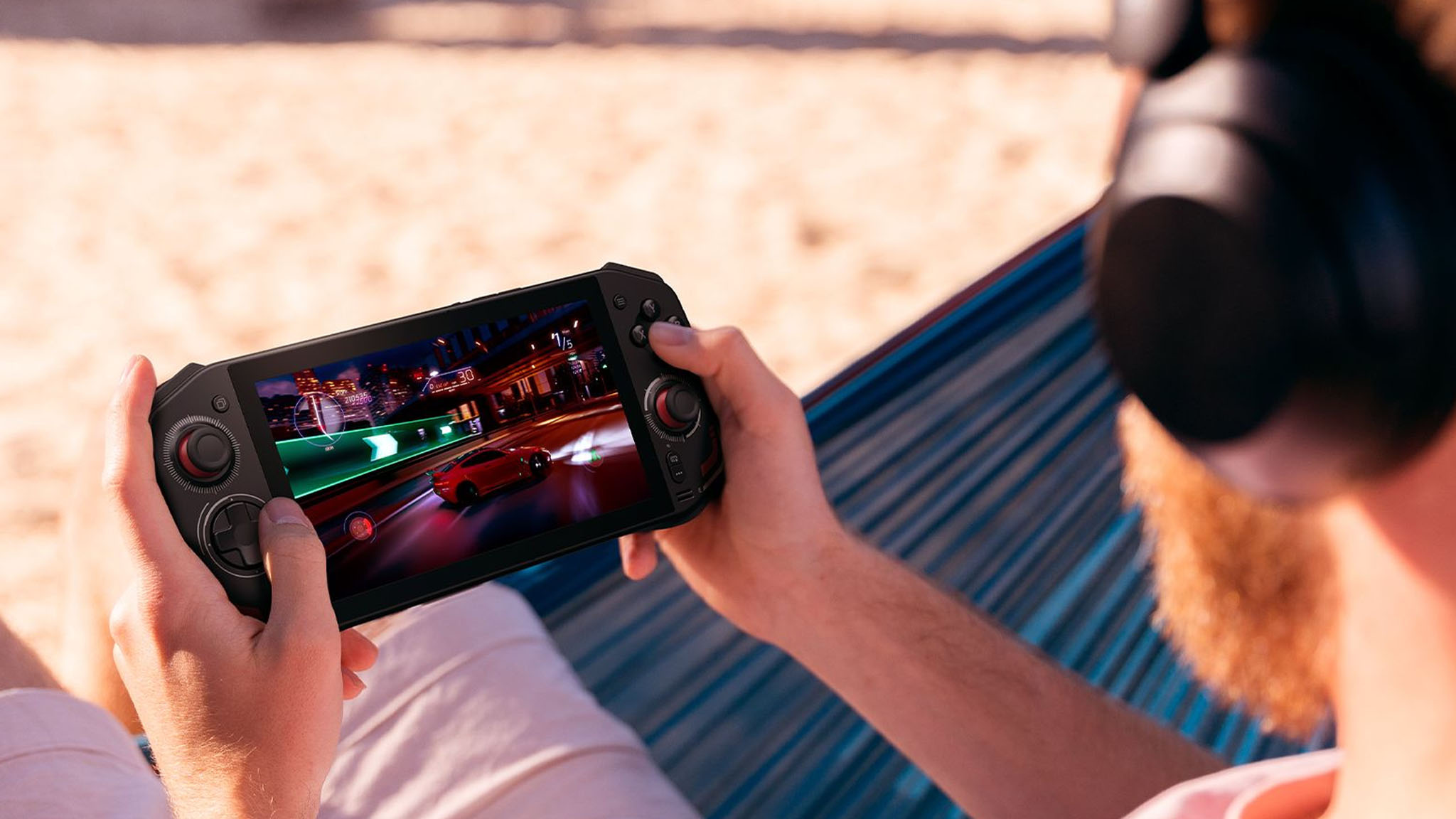
In addition to regularly playing on PC gaming handhelds, I have reviewed or at least spent time with all of the major handheld devices on the market today, including Nintendo Switch, Steam Deck, ROG Ally, Legion Go, various AYANEO devices, and MSI Claw. At this moment, the Acer Nitro Blaze 7 does absolutely nothing to raise my interest in it or even plead its case over these other options. If the Nitro Blaze 7 happens to be significantly less expensive than other Windows 11 handhelds or offer better battery life, then that might be of note. However, I don't expect either of these things.
Battery-wise, the Nitro Blaze 7 has a 50 Wh battery, which is slightly larger capacity than the ROG Ally's 40 Wh battery and nearly the same as the Legion Go's 49.2 Wh battery. Based off of these other devices' battery life benchmarks, it's likely that the Nitro Blaze 7 won't be able to last longer than one to two hours when playing more demanding games, which isn't great.
Configuration-wise, the most similar handheld to the Acer Nitro Blaze 7 is the MSI Claw. If you've been paying attention to PC gaming handheld news lately, you'll know that the MSI Claw has proven to be the most lackluster device within the current PC handheld sphere. Rather than using the AMD Ryzen Z1 Extreme processor housed in the Legion Go and ROG Ally, the Nitro Blaze 7 uses one of AMD's AI CPUs, which means this new handheld features an NPU (neural processing unit) like the MSI Claw's own Intel Core Ultra 7 155H AI CPU. You can learn more about these in my NPU guide or our AI PC guide.
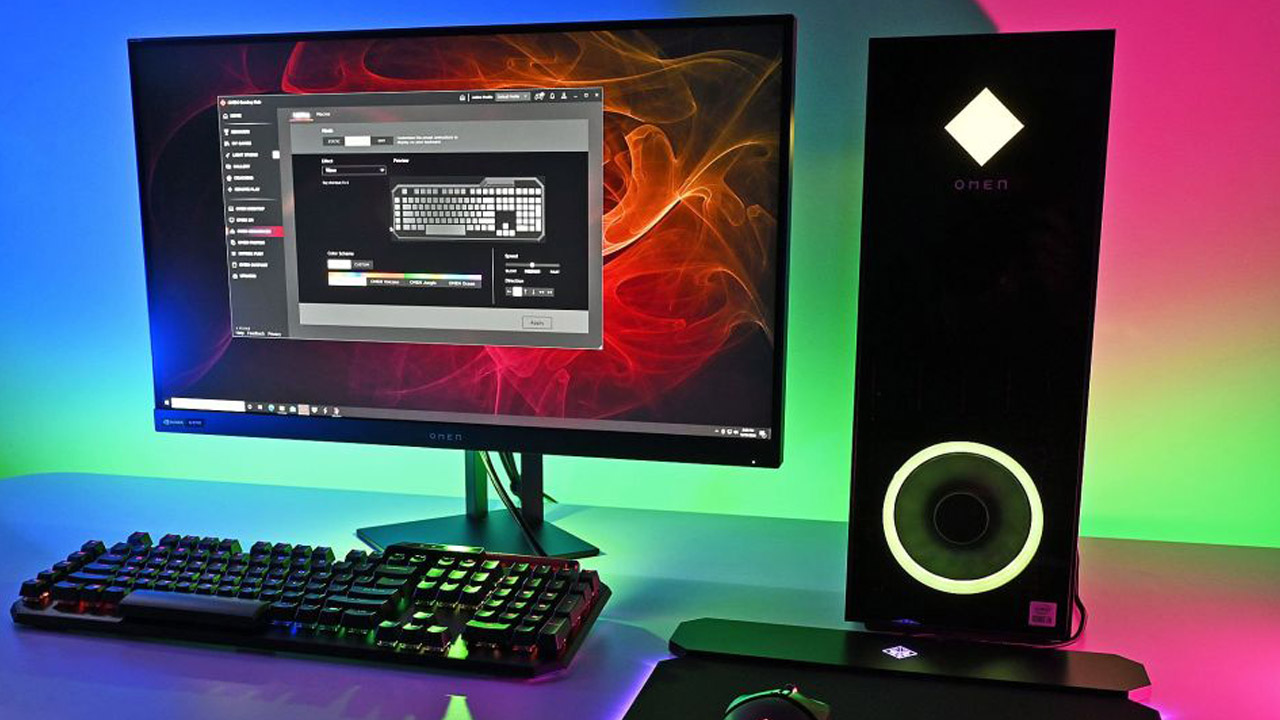
• Best PC headsets
• Upcoming PC games
• Best Xbox controllers
• Best small gaming PCs
• Best gaming laptops
• Best gaming handhelds
So far, AI processors with NPUs have proven to be great for business-level devices but have typically failed to impress on gaming devices (although there are a few exceptions), so this CPU configuration does nothing to raise my interest in the Nitro Blaze 7's playing experience.
What's more, when compared side-by-side, the Intel Core Ultra 7 155H utilized within the MSI Claw outperforms the Nitro Blaze 7's AMD Ryzen 7 8804HS, so that doesn't bode well for the Nitro Blaze 7 either (thanks, UserBenchmark). Remember that the MSI Claw already underperforms significantly below the ROG Ally and Legion Go when playing games, so having a handheld with an even weaker CPU isn't appealing.
Additionally, the Blaze 7's AMD Radeon 780M graphics card is also comparable to the MSI Claw's Intel Arc GPU, so graphical performance should be about the same. Now, it is possible that Acer has tweaked the Blaze 7's overall system performance to be better than the MSI Claw's, but I wouldn't count on it.
Another area in which Acer's new handheld is similar to the MSI Claw is that both have Hall Effect joysticks, whereas the ROG Ally, Steam Deck, and Legion Go do not. In case you don't already know, Hall Effect joysticks do not develop drift, which makes them more desirable than other joystick technologies. However, as seen with the MSI Claw, Hall Effect joysticks alone are not worth buying a handheld over.
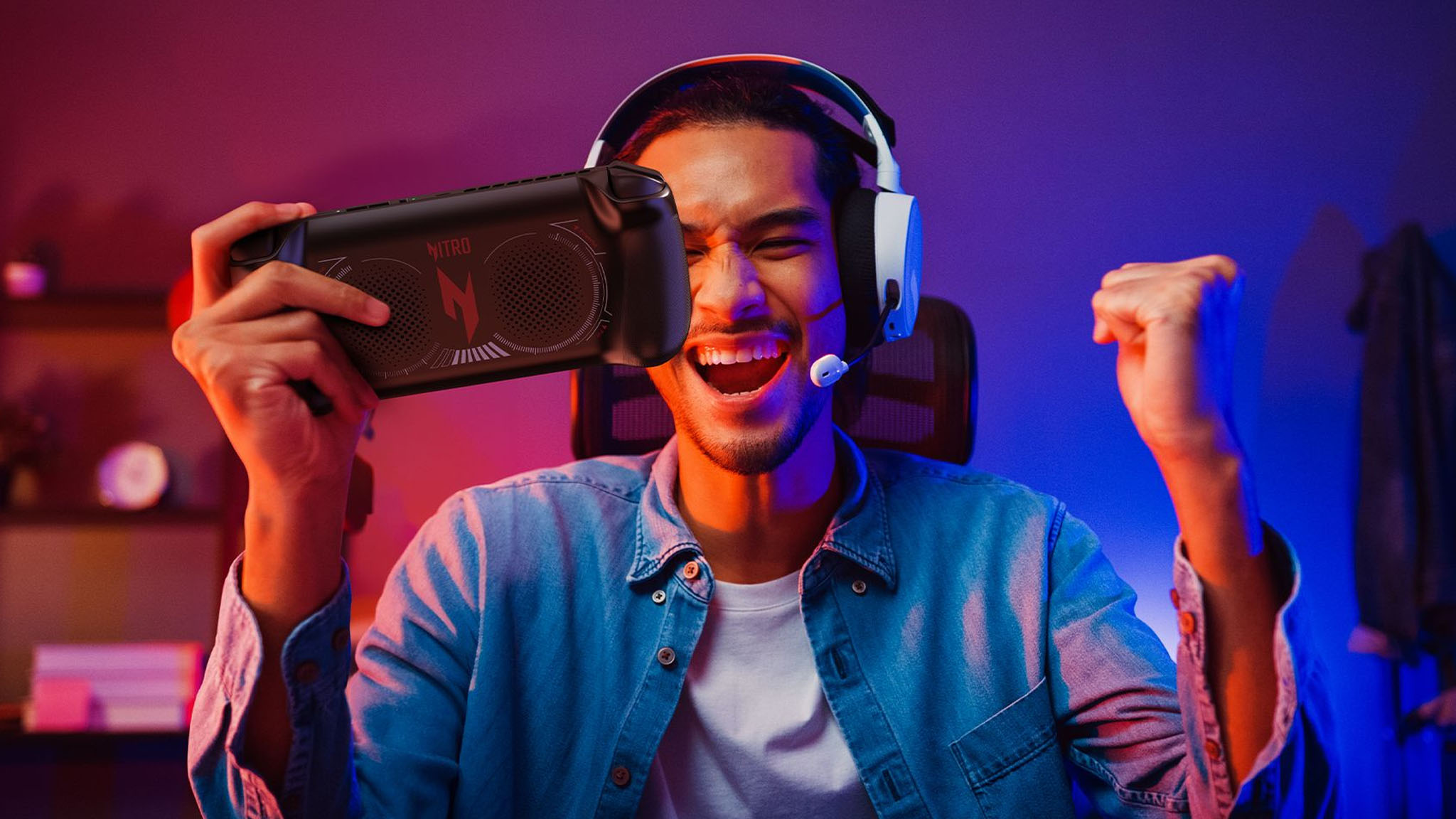
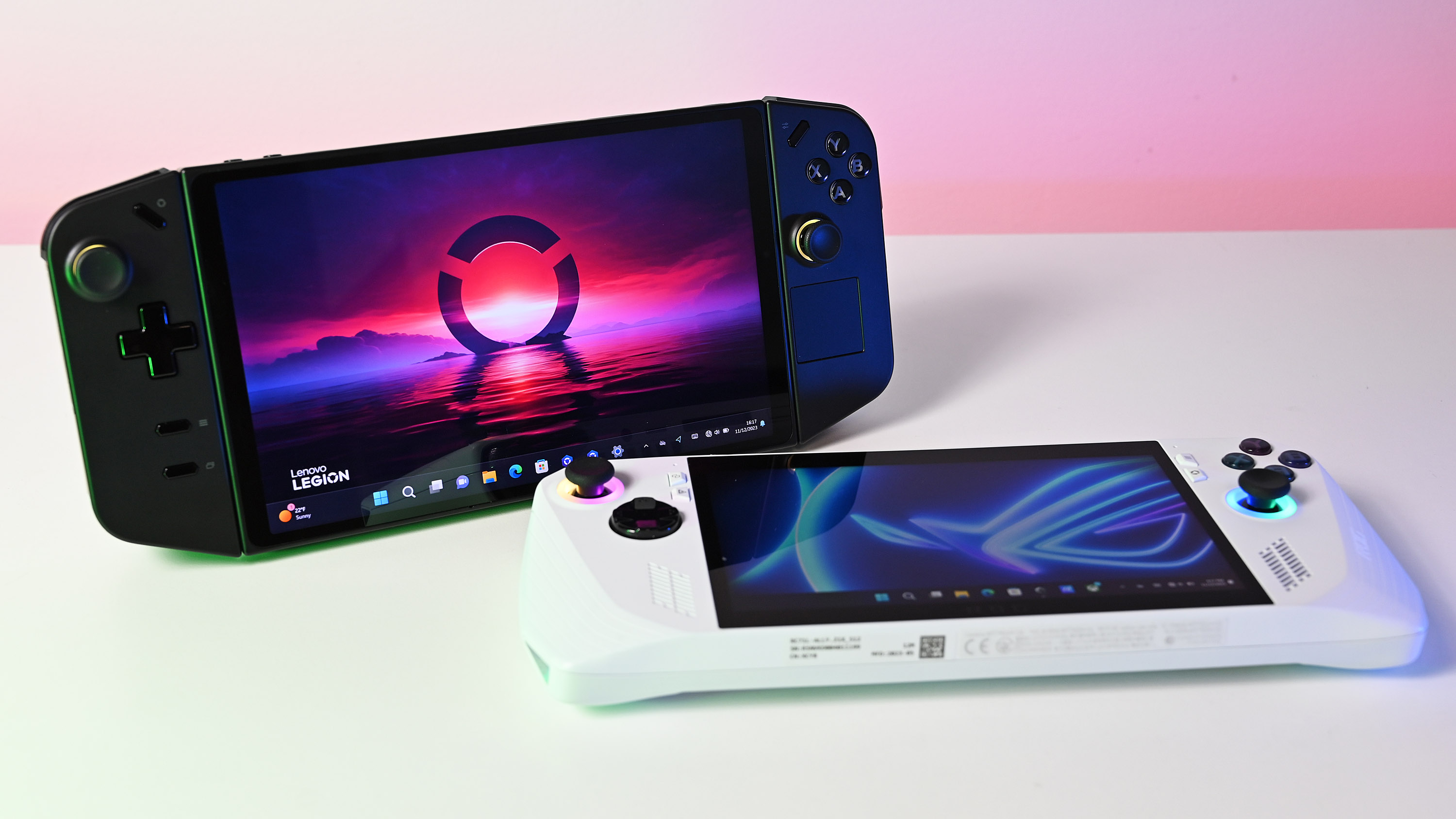
• Best gaming handhelds
• Best ROG Ally accessories
• Best Steam Deck accessories
• Best ROG Ally battery packs
• Optimized ROG Ally games
• MSI Claw vs Steam Deck
• Steam Deck vs ROG Ally
• Legion Go vs ROG Ally
At a very shallow level, I'll say that Acer chose a horrible name for its gaming handheld. The "7" in the title is especially confusing, giving people the impression that there have previously been six other devices before this one. This is, in fact, the first Nitro Blaze, with Nitro being Acer's budget gaming sub-brand (Predator being its high-end gaming sub-brand). The number likely alludes to the AMD Ryzen 7 processor utilized or perhaps the 7-inch display. But really that ugly "7" in the title just makes the name unnecessarily long and convoluted.
It's very likely that I'll test the Acer Nitro Blaze 7 shortly after its release, but I don't see myself recommending it over the other options already out there. Based on its configuration, it will likely underperform below ROG Ally and Legion Go, landing it with a standing similar to the MSI Claw.
If you are interested in picking up one of these more mobile gaming devices, I suggest checking out my list of the best gaming handhelds. But, the long and short of it is, if you want something that behaves like a Steam console, then you'll want the Steam Deck. Meanwhile, if you want something that behaves more like a full-blown computer, the ROG Ally is my recommendation.







